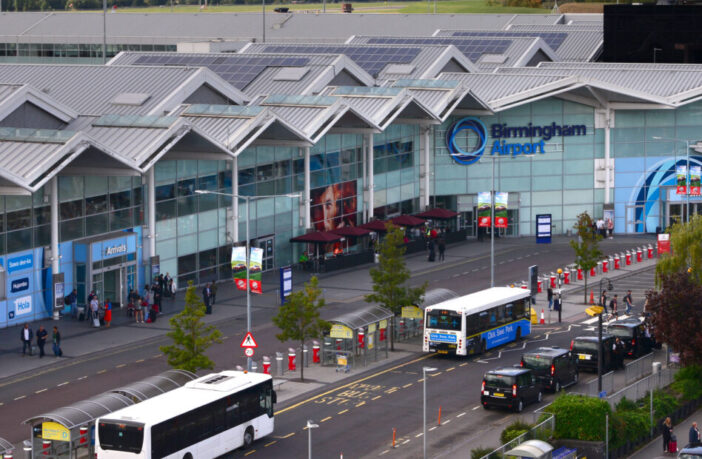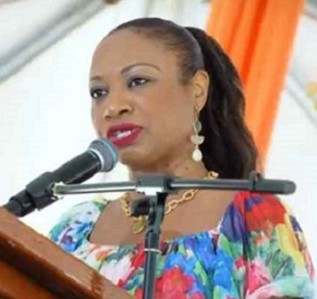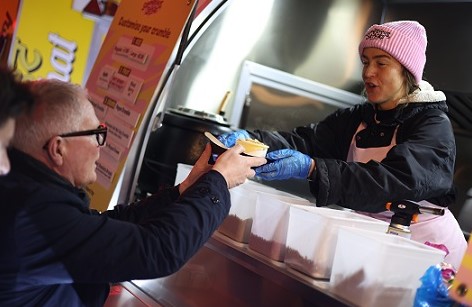The UK government has confirmed that the voting age across the UK will be lowered for all elections come the next general election.
This follows Labour's election manifesto, which, last year, pledged to lower the voting age to 16 - in line with Scottish and Welsh elections. Prime Minister Keir Starmer stated that if 16 and 17-year-olds are old enough to go out to work, then they are old enough to pay taxes.
The opposition Conservative party, however, questioned why 16-year-olds will be able to vote but not couldn’t marry, go to war, or stand in elections. The Lib Dems say it's a "no-brainer", whilst the Reform Party said that they were against lowering the voting age.
In addition to that other changes are set to come into force, with people also be able to use bank cards as voter ID.
Deputy Prime Minister Angela Rayner said: "We cannot take our democracy for granted". In Holyrood, MSPs have been making their own decisions, while Northern Ireland first minister, Michelle O'Neill, described it as “a step forward for democracy.”
Vice President Further Education at NUS UK, Qasim Hussain, said “The decision has been achieved by the tireless campaigning of generations of 16 and 17-year-olds who missed out on their chance to have a say in major democratic moments in the UK.”
Writing on social media shy went on: “The British Prime Minister has to ensure that the right to vote at 16 applies to the 2027 Assembly and Council elections in the north.” 16 and 17-year-olds can already vote in local elections and elections to the Scottish Parliament and Cymry Senedd.
Countries and territories where young people aged 16 and/or 17 are allowed to vote in all elections include Argentina, Austria, Brazil, Cuba, Ecuador, Guernsey, Greece, Indonesia, Isle of Man, Jersey, Nicaragua and North Korea. Around 1.5 million 16 and 17-year-olds will be eligible to vote at the next general election











